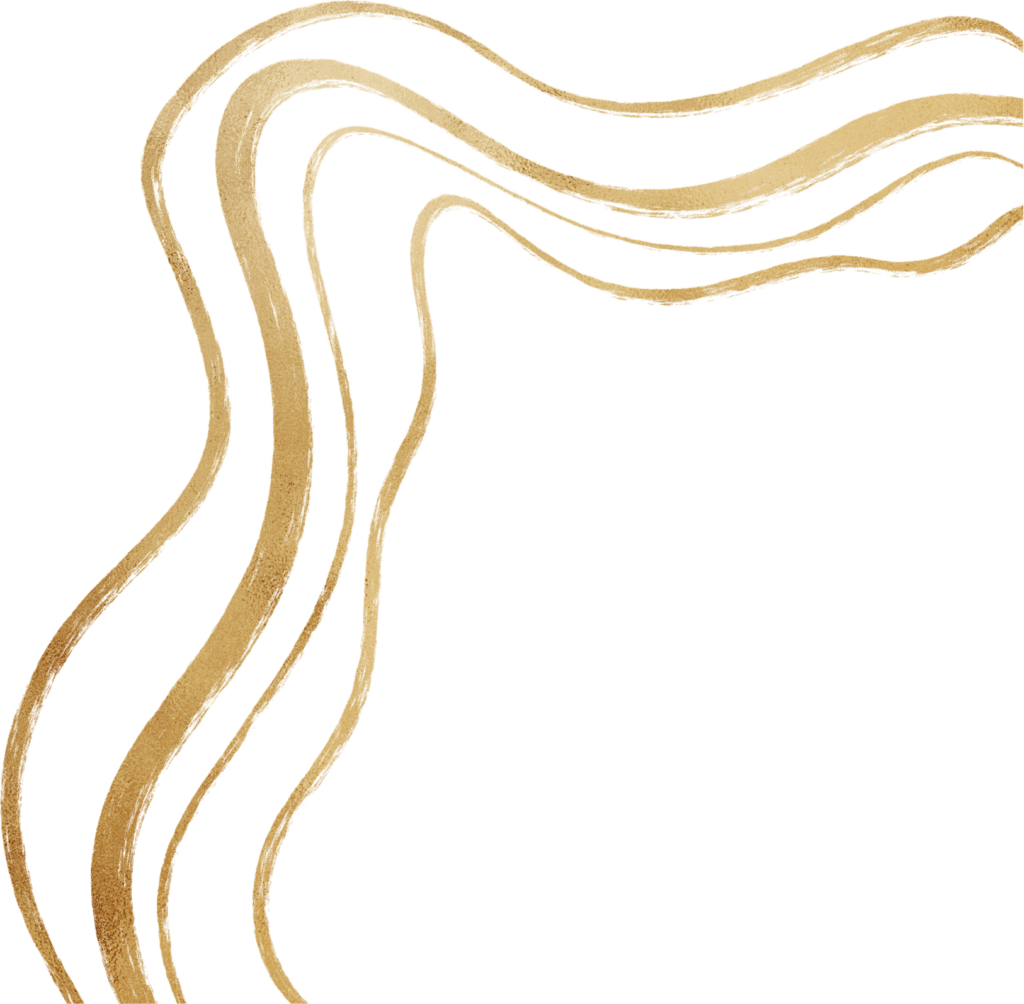The Asian American Scholar Forum (AASF) was featured by journalist Jeffrey Mervis in a Science article, an in-depth coverage of the escalating national response and widespread consensus on the harms of the proposed SAFE Research Act, which threatens to undermine U.S. scientific leadership, innovation, and trust.
In the article, Mervis details the harms of the SAFE Research Act, an amendment to the National Defense Authorization Act (NDAA) that was moved forward without any opportunity for debate. AASF’s warning about the bill’s lack of clear definitions and potential for biased enforcement was prominently cited by Science:
“The lack of a clear definition of ‘affiliation’ in the SAFE Act could trigger arbitrary and biased enforcement of the funding ban, warns the Asian American Scholar Forum (AASF) in a similar letter. It cites the ‘chilling effect’ of the China Initiative… which led to the targeting of hundreds of U.S. scientists of Chinese descent.”
Mervis highlighted an open letter from more than 750 faculty members and researchers from 210 U.S. universities and academic institutions in 41 states and the District of Columbia who signed on in support. The list of supporters also includes several Nobel laureates as well as many members of the National Academy of Sciences and the American Academy of Arts and Sciences. Co-led by AASF Fellows Professor Peter F. Michelson, Luke Blossom Professor in the School of Humanities & Sciences, Professor of Physics at Stanford University, and Professor Steven A. Kivelson, Prabhu Goel Family Professor at Stanford Institute for Theoretical Physics, the letter supports AASF’s previous letter and urges Congress to strike the Act from the National Defense Authorization Act (NDAA).
In the Science article, Professor Kivelson emphasized how vital collaboration with Chinese colleagues is in his field of research, condensed matter physics.
He co-authored a recent paper on quantum spin liquids in the Proceedings of the National Academy of Sciences that depended on computational resources provided by collaborators in China, some of them former students. Later this month, he will travel to Beijing for an international conference on quantum states of matter, where he will “learn about ongoing experiments that I wouldn’t know about otherwise,” he says. Kivelson says his research has no military applications in the foreseeable future. Maybe some practical use will emerge, he adds, “but the timescale is so long that it’s sort of ludicrous to think it needs to be kept secret… Kivelson acknowledges that he’s fighting an uphill battle to stave off tougher restrictions on scientific interactions with China. “The image of tilting with windmills does come to mind,” he says. “But this issue is so important to scientists, I feel that we need to do whatever we can.”
In his statement about the letter, Professor Michelson emphasized that the bill’s sweeping restrictions would damage U.S. scientific leadership and competitiveness. “Our scientific leadership has benefited enormously from the United States’ ability to attract and collaborate with global talent,” Michelson said. “This Act risks reversing decades of progress.”
The piece underscores widespread concern that the SAFE Act’s vague language could unfairly target scientists with ties to certain countries, echoing the chilling effects of the discontinued China Initiative.
AASF Board Member Professor Haifan Lin, a Yale University cell biologist who the China Initiative personally impacted, also spoke to Science about the broader harm to trust and collaboration:
“It will accelerate the breakdown of the people-to-people trust that’s so important in scientific collaborations,” Lin said. “Without this kind of positive energy, the U.S. and China will become more and more polarized and eventually become each other’s enemy.”
Gisela Perez Kusakawa, Executive Director of Asian American Scholar Forum commended the coverage for covering a critical issue for the research community: “We thank Science for their thoughtful coverage of this critical issue, and we are deeply grateful to our AASF Fellows, Professor Peter Michelson and Professor Steven Kivelson, for their leadership and community work on the faculty letter, as well as to our AASF community, including AASF board member Professor Haifan Lin, who continue to speak out to educate the public and policymakers.
The SAFE Research Act has raised urgent concerns across the research, academic, and scientific communities, and we must move forward with solutions that strengthen—not weaken—America’s research enterprise. AASF is committed to working together with individual researchers, universities, and policymakers to forge a path that enables America’s scientific and research enterprise to prosper while advancing safeguards that protect the rights of Asian American scholars, scientists, and researchers, as well as the broader research community.”
###
Asian American Scholar Forum (AASF) is a national nonprofit that promotes belonging, freedom, and equality for all. In response to heightened anti-Asian sentiments and profiling in the U.S., AASF has been a leading national voice fighting for the rights of Asian American and immigrant scientists, researchers, and scholars. AASF membership includes members from the National Academy of Engineering, the National Academy of Medicine, the National Academy of Science, and the American Academy of Arts & Sciences, in addition to past and current university presidents, provosts, vice provosts, deans, associate deans, and past and current department chairs.
